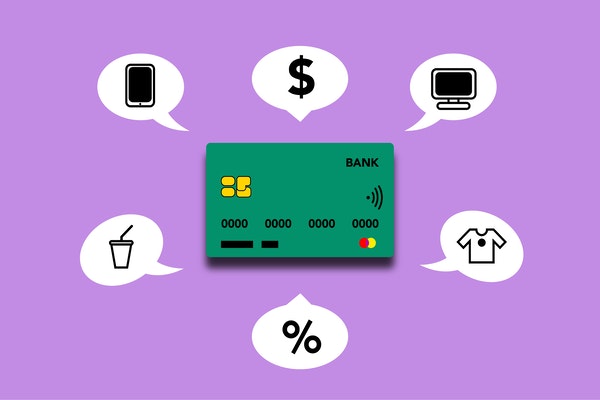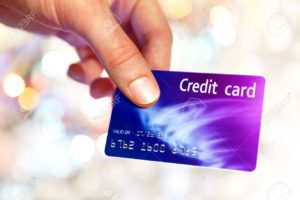Credit is a crucial component of an individual’s personal finances. So, what should you know about credit? It is important that you know certain things about credit no matter what your financial priority is. It can vary from rebuilding credit to working on a debt management plan. A debt management plan can help those who are struggling to pay off credit card debt.
What Should You Know About Credit?
What Is Credit?
Credit is more than just a plastic card you use to make purchases. It is your financial trustworthiness. Good credit means that your history of payments, employment and salary (factors considered when you apply for a card) make you a good candidate for a loan and creditors. Having good credit usually translates into lower payments and more ease in borrowing money. Bad credit, however, can be a big problem. It usually results from making payments late or borrowing too much money. Managing debt is what takes you through a successful credit journey.
How Does Credit History Affect You?
Most creditors use credit scoring to evaluate your credit record. This involves using your credit application and report to get information about you, such as your annual income, outstanding debt, bill-paying history, and the number and types of accounts you have and how long you have had them. Potential lenders use your credit score to help predict whether you are a good risk to repay a loan and make payments on time.
Many people just starting out have no credit history and may find it tough to get a loan or credit card, but establishing a good credit history is not as difficult as it seems.
You might apply for a credit card issued by a local store because local businesses are more willing to extend credit to someone with no credit history. Once you establish a pattern of making your payments on time, major credit card issuers might be more willing to extend credit to you. You might apply for a secured credit card. Basically, this card requires you to put up the money first and then lets you borrow 50 to 100 percent of your account balance. You might ask other people who have an established credit history to co-sign on an account. By co-signing, the person is agreeing to pay back the loan if you don’t. What a difference a word makes!
Credit Card, Charge Card & Debit Card – All the Same?
Credit card—You can use a credit card to buy things and pay for them over time. But remember, buying with credit is a loan—you have to pay the money back. What’s more, if the credit card company sends you a check, it’s not a gift. It’s a loan you have to pay back. In addition to the cost of what you bought, you will owe a percentage of what you spent (interest) and sometimes an annual fee.
Charge card—If you use a charge card, you must pay your balance in full when you get your regular statement.
Debit card—This card allows you to access the money in your checking or savings account electronically to make purchases.
If you’re struggling to pay off debt, ACCC can help. Schedule a free credit counseling session with us today.






